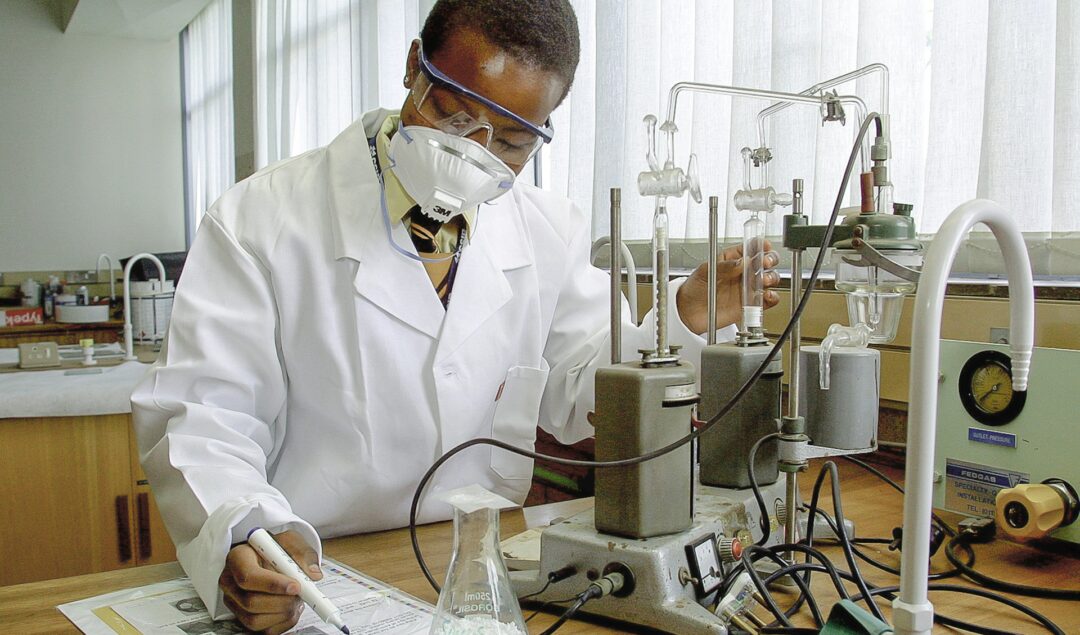US Supreme Court Allows National Institutes Of Health’s DEI Cuts

The Supreme Court has allowed the Trump Administration to cut grants issued by the National Institutes of Health in a bid to end federal DEI efforts. The decision was made on Thursday, the 21st of August, with the court being split 5-4 on the ruling, according to The Guardian.
The court’s ruling marks a significant reversal, enabling the administration to reinstate grants that it had begun cutting in Late February.
The split court decision
The case was split among the Supreme Court’s nine justices, with three appointed by Trump, leading to a 36-page emergency ruling, as reported by Nature.
Their ruling was based on a previous emergency decision from April, three federal judges temporarily blocked parts of the department’s anti-DEI measures.
Some of the justices strongly opposed the majority’s decision and highlighted the potential impacts to science: “The forward march of scientific discovery will not only be halted — it will be reversed”, Justice Ketanji Brown Jackson, who former president Joe Biden appointed, wrote in a dissent.
In June, Judge Stephanie Gallagher of the US District Court in Maryland ruled that the Department of Education violated the law when it threatened to cut federal funding from educational institutions that would maintain their DEI initiatives.
How will these cuts affect science?
The NIH started cutting thousands of research grants related to several topics criticized by the Trump administration, including DEI, HIV/AIDS, and COVID-19. The cuts destroyed entire fields of study, including investigations into the health of transgender people, according to an analysis by Nature. The loss of funding led to a plethora of research institutions, such as Stanford University in California, laying off staff members.
Sara Gianella Weibel, an AIDS researcher at the University of San Diego in California, has had her grants terminated and then reinstated this year for research investigating the effect of hormone therapy on HIV-positive transgender women.
“Just a few hours before the Supreme Court decision, I got an e-mail that I was able to resume spending,” she says. Now, the grant is likely to be cut again. “It’s heartbreaking,” she told Nature.
Image: Hush Naidoo Jade Photography



